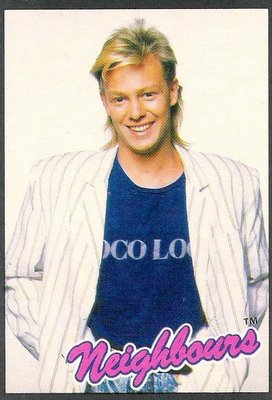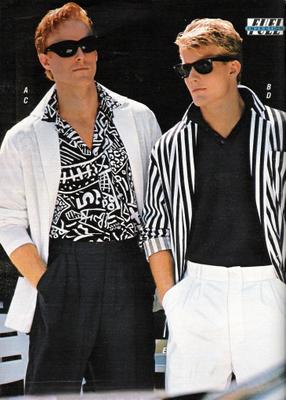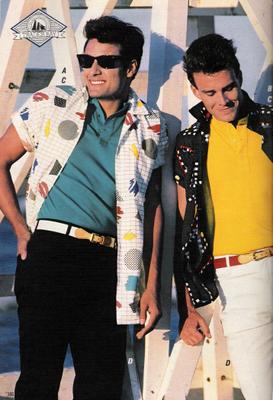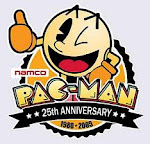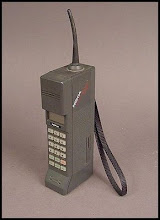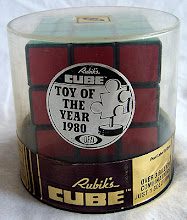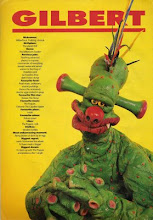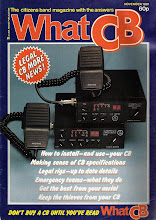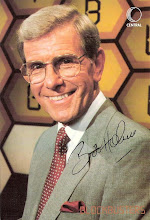 Duran Duran - New Romantic moments in 1981 and 1982.
Duran Duran - New Romantic moments in 1981 and 1982.The pop group Duran Duran was formed by Nick Rhodes and John Taylor in 1978, however the classic line-up did not come together until 1980.
In early 1980, the owners of the Rum Runner Club, Birmingham, England - brothers Paul and Michael Berrow - took the band (at that point, after several changes in line-up, consisting of John Taylor, Roger Taylor and Nick Rhodes) under their wings, paying the lads to work as doormen, disc jockeys and glass collectors when they were not rehearsing, and providing them with rehearsal space.
In April 1980, Andy Taylor answered an ad for a "live wire guitarist" with Duran Duran.
In May 1980, Simon Le Bon met the band, introduced by his ex-girlfriend, Rum Runner barmaid Fiona Kemp, who recommended him as a potential vocalist. Apparently, Simon attended his audition clad in pink leopard print trousers.
 Duran Duran in the 1982 "Rio" video - note the prototype "Miami Vice" gear. Jacket sleeves had begun to be pushed up as a fashion trend around the turn of the decade - and the trend grew more and more prevalant as the decade got underway. Shoulder pads began to grow (courtesy of the likes of Joan Collins and, judging by this picture, John Taylor) and everyday men began to wear bright colours.
Duran Duran in the 1982 "Rio" video - note the prototype "Miami Vice" gear. Jacket sleeves had begun to be pushed up as a fashion trend around the turn of the decade - and the trend grew more and more prevalant as the decade got underway. Shoulder pads began to grow (courtesy of the likes of Joan Collins and, judging by this picture, John Taylor) and everyday men began to wear bright colours.In June 1980, the Berrow brothers formed a company, Tritec Music. Duran Duran signed a production contract with Tritec and the Berrow brothers became the band's managers.
The band's classic line-up of Simon Le Bon (vocals), John Taylor (bass), Roger Taylor (drums), Andy Taylor (guitar), and Nick Rhodes (synthesizers) played their first show together at the Rum Runner on July 9 1980.
In December 1980, Duran Duran landed a deal with EMI Records.
In 1981 the Durans were futuristic dandies (remember Planet Earth?), taking over the charts, their every movement eagerly followed by a growing band of dedicated Duranies.
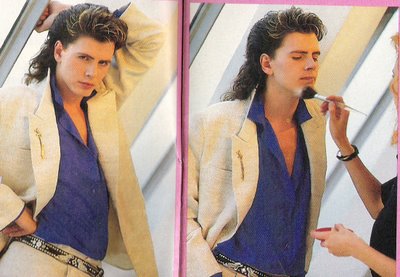 John Taylor gets touched up for a mid-80s photo shoot.
John Taylor gets touched up for a mid-80s photo shoot. A 1984 book chronicling the history of the group. Cue hysterical Duranies: "Oh, Simon, Oh Simon, I love you, I love you!"
A 1984 book chronicling the history of the group. Cue hysterical Duranies: "Oh, Simon, Oh Simon, I love you, I love you!" 1982: all aboard - another "Rio" shot.
1982: all aboard - another "Rio" shot.Influencing fashion, movers and shakers in the pop video market (remember Girls on Film?!), and purveyors of some highly distinctive and polished '80s pop music, Duran Duran became legends.
And as instantly evocative of the 1980s in the years since as Rubik's Cube, the ZX Spectrum and shoulder pads!






